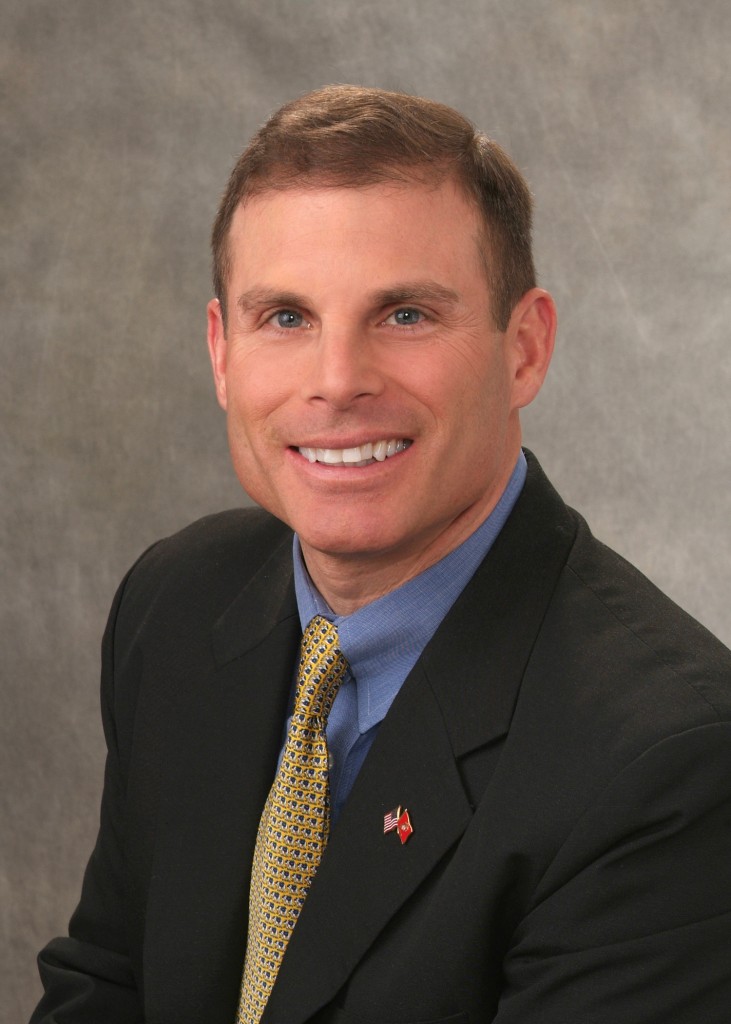Stop wasting your money on natural remedies to treat hair loss
GQ magazine recently wrote an article titled: “Does Taking Supplements for Hair Loss Actually Work?” Their stand is that they’re worth trying; they probably won’t work, and they also probably won’t kill you. I completely agree with this.

Patient Matt Zarrella
However, the general public who are losing their hair—that’s 80 million men and women in the United States–often believe that these products actually do work to slow down hair loss and to re-grow their hair! They really don’t! Biotin, in particular, is very often recommended by even by physicians to treat progression of male and female pattern hair loss.
The only FDA approved (or cleared), medically sound and scientifically proven treatment of genetic hair loss are: Propecia (1mg finasteride), and Rogaine Foam (5% minoxidil)
So, while these natural based so-called “remedies” will not harm anyone, they certainly will not treat genetic hair loss either.
Here’s where we stand on taking natural remedies to combat semi-inevitable things like losing your hair: They’re worth trying, they probably won’t work, they also probably won’t kill you, and you never know. One worthwhile endeavor—no matter what you’re worried about when you look in the mirror—is making sure your diet isn’t lacking basic nutrients. When it comes to maintaining healthy hair, that means making sure you’re eating enough protein, iron, omega-3 fatty acids, and vitamin B. If you’re generally not a well-rounded, healthy eater, you might give it the old Whole Foods try and stock up on a few vitamins or supplements to make sure, at the very least, you’re not making matters worse. Here’s what’s commonly found in hair-loss supplements, and why the wellness gods claim they work.
Biotin
Biotin is a B-complex vitamin (also known as vitamin H) that strengthens the protein infrastructure in hair, skin, and nails.
Vitamins A and C
Both vitamin A and vitamin C help the body produce sebum, the natural oil that protects your hair and keeps it strong.
Flax-Seed Oil
Flax-seed oil has omega-3 fatty acid that keeps your hair follicles healthy so they retain water and produce sebum.
Zinc and Selenium
These trace minerals are important for maintaining scalp health through cell reproduction, tissue growth, and repair.
Folic Acid
Also known as B9, folic acid aids in tissue regrowth and improves circulation, which helps your hair follicles function properly.
Take any combination of the above with a thousand grains of salt and perhaps some individualized guidance from your doctor or dermatologist, and let us know how it goes.
Dr. Robert Leonard
Founder and Chief Surgeon

